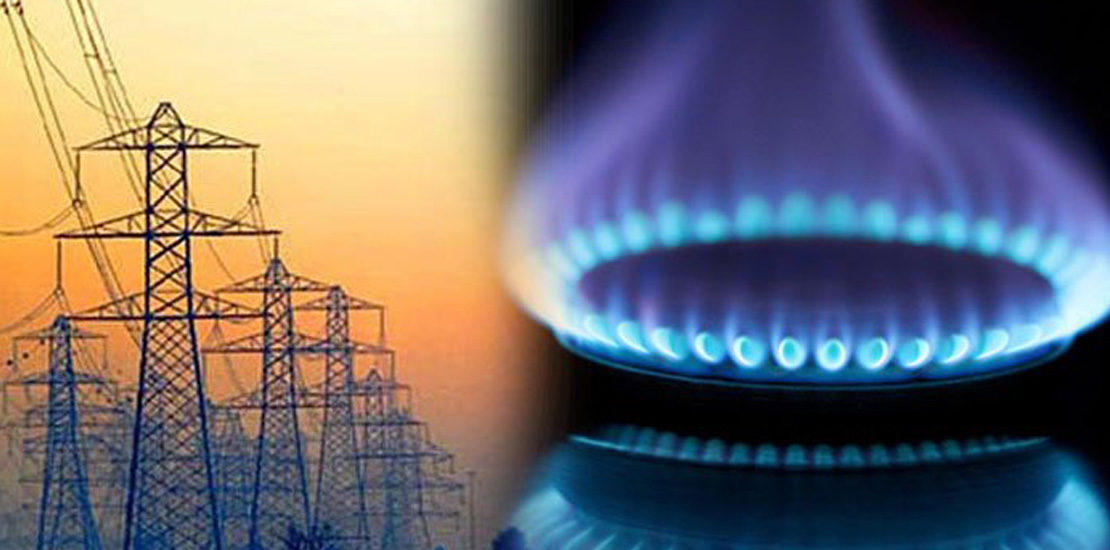2013-14
The year was marked by uncertainty in the energy policy arena with the Chancellor announcing a major review of the Energy Company Obligation which had just been set up to provide around £1.3billion investment in energy saving measures across Britain. Whilst the main two elements designed specifically to address fuel poverty were not eventually reduced, the review created unpredictability and impacted on delivery partners and supply chain. A positive outcome from our campaigning was the extension of the scheme to 2017.
We called for additional resources with ECO set to assist just 7% of fuel poor households by 2015 and a remaining and increasing gap in fuel poverty of around £1.2 billion under the Government’s preferred new definition of fuel poverty that affected 4.5 million UK households during 2013. NEA worked positively to ensure that a future legislative framework for fuel poverty was brought forward and included in the Energy Act 2013. This would result in a new fuel poverty strategy for England from early 2015.
As well as campaigning activities, the charity was focused on its aims of increasing knowledge and skills needed to tackle fuel poverty and developing new solutions. NEA ran over 200 training courses with accredited qualifications or offering continuing professional development to frontline advice workers or volunteers.
We organised stakeholder events and contributed to other organisations’ engagement activities to help inform more than 10,000 stakeholders what actions and policies they can pursue to alleviate fuel poverty.
NEA’s campaigning activities took place at a time of heightened interest in the fuel poverty agenda. Against a backdrop of energy price rises and the ensuing political and media debate, our key priority was to ensure that improving energy efficiency was recognised as the main priority in tackling our cold homes crisis. Our annual Warm Homes Campaign incorporating Fuel Poverty Awareness Day ran throughout the winter months, launching with a focus on the ‘Many Faces of Fuel Poverty’ and concluding with the release of the UK Fuel Poverty Monitor which compared and contrasted the differing approaches to tackling fuel poverty in England and the devolved nations.
The campaign attracted significant media coverage and the support of over 40 different organisations. Our media activity as a whole increased and generated around 200 million opportunities to see and hear from print, online and broadcast media.
NEA also continued to administer the All Party Parliamentary Fuel Poverty and Energy Efficiency Group (FPEEG), briefing members during the passage of the Energy Act on the need to set a minimum energy efficiency standard for the homes of low-income households, and on changes to the Energy Company Obligation. We also helped to ensure that the Warm Home Discount was preserved and the elements of the Energy Company Obligation (ECO) targeted at low-income households and communities preserved and extended for a further two years.
NEA’s efforts were recognised through being awarded ‘Fuel Poverty Campaigner of the Year’ at the Green Deal and ECO Awards 2014.
As before, NEA continued to run a large number of projects to engage with local communities, inform stakeholders and train frontline staff and advisers to be better equipped to help those experiencing fuel poverty. Examples included providing over 900 householders with energy advice through the DECC-funded Engaging Communities programme, the Heat Heroes Awards, supported by ScottishPower, and our Community Action Award Scheme, supported by DECC and British Gas, highlighted those who are already delivering exemplary work to tackle fuel poverty, promoting their achievements to enable others to learn from these. Together with the Age Action Alliance we ran a research programme about older people’s digital exclusion looking specifically at how this could contribute to limited and reduced access to the benefits of the energy market – much of which can be found online.
NEA continued its work to help ensure that vulnerable and low-income householders benefit from the roll-out of smart meters and the Semanco project developing IT tools and methods to help planners and developers to reduce CO2 emissions in our neighbourhoods, cities and regions concluded its second year.
Wales and Northern Ireland
With the Welsh Government’s target to eradicate fuel poverty by 2018 fast approaching, 110 delegates from across Wales were aided to engage with senior policy and decision makers at NEA Cymru’s annual fuel poverty conference entitled ‘The Heat is On! Working together to tackle fuel poverty’, held in partnership with SWALEC.
The impact of our policy work in Wales was highlighted when a key recommendation in our 2014 UK Fuel Poverty Monitor: that the Environment and Sustainability Committee should undertake an inquiry into fuel poverty in Wales, was subsequently announced following the publication of the Monitor in March 2014.
In Wales, 379 advisers were aided to assist and support people whilst 16,402 low-income and fuel poor clients were assisted as a result.
NEA Northern Ireland continued to Chair the Fuel Poverty Coalition which consists of over 160 organisations across the voluntary, community, statutory and private sectors. They also held their first conference, ‘Running on Empty’, in November 2013 which brought together over 100 members and key stakeholders to assess current action on fuel poverty and reinvigorate the Coalition in its two primary aims: to get clarity from Government on how and when fuel poverty will be eradicated, and how it can best help Northern Ireland householders here and now.


